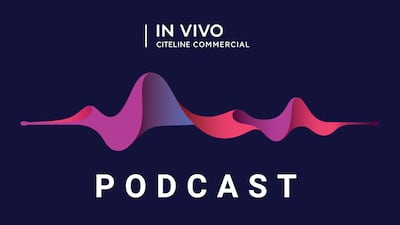Aducanumab, Biogen, Inc.'s on-again off-again experimental candidate for Alzheimer’s disease, took a drubbing during a Food and Drug Administration (FDA) advisory committee on 6 November 2020, a stark reminder of the difficulty in finding a safe and efficacious treatment for the sixth leading cause of death in the US. Should aducanumab receive approval, despite efficacy concerns, it would still be a win for the field of neurogenerative disease research, given the dearth of available alternatives. But it would not be enough, said Virginie Buggia-Prevot, director of neurology discovery, at Valo Health. “We need a more robust response, and it will probably come from therapeutics targeting other aspects associated with the disease,” such as tau, microglia cells, or inflammation in the brain. (Also see "Biogen’s Aducanumab Falls Hard At Panel Review, Leaving US FDA In A Tight Spot" - Pink Sheet, 8 November, 2020.)
We are living in a very exciting moment for neurodegeneration, believes Buggia-Prevot. “I think we will find therapies in the...
Welcome to In Vivo
Create an account to read this article
Already a subscriber?





